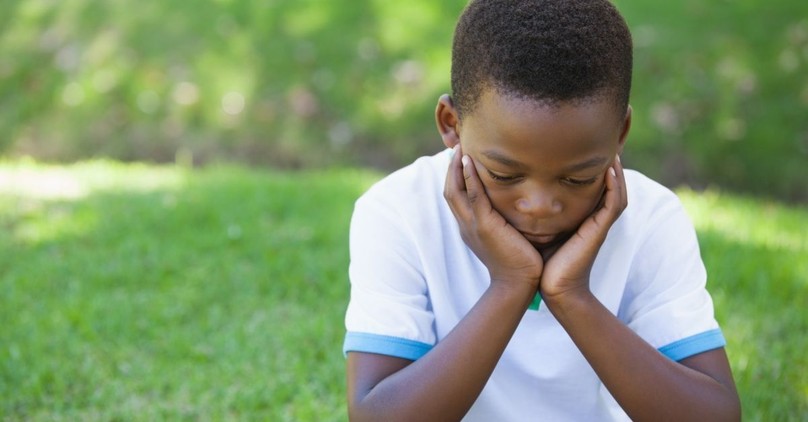
I’ve yet to find a comprehensive how-to manual that tells exactly how to best parent a child with anxiety. If there were one, I would have bought it and read it cover to cover. Instead, I’ve likely been learning my lessons the same way that you’ve been learning yours. I’ve learned them in the trenches while doing the messy, beautiful work of parenting a child with anxiety. If you’re reading this article, I assume the same is true for you.
Just like you, my heart has ached as I’ve watched my child struggle with anxiety. I’ve felt unprepared and ill equipped. I’ve wondered if I’m doing too much to be helpful or not enough. I’ve felt overwhelmed at the challenges, not because my child is difficult, but because it is difficult to understand just how deep, how debilitating, and how intense anxiety can be if it isn’t something you’ve experienced first-hand.
I can’t say that I have all of the answers, because I don’t. Not even close. But, I am the parent of an amazing son who has taught me much about loving and parenting an anxious child. Our journey together has given me a lot of insight into the heart and mind of a child with anxiety.
Just understanding our anxious children can make a big difference in our parenting, in their lives, and in our relationship with them. It can help us be more empathetic, more compassionate, and more understanding.
I’ve listed 15 things that I try to remember about my child and about my role as a parent when we are in the throes of severe anxiety. These may not be true for every child, but they are little tid bits of wisdom that I wish I had understood sooner about my anxious child and what I can do to help him. My hope is that they can help you understand your anxious child better and will equip you to better help your own anxious child.
Image Credit: Thinkstock.com
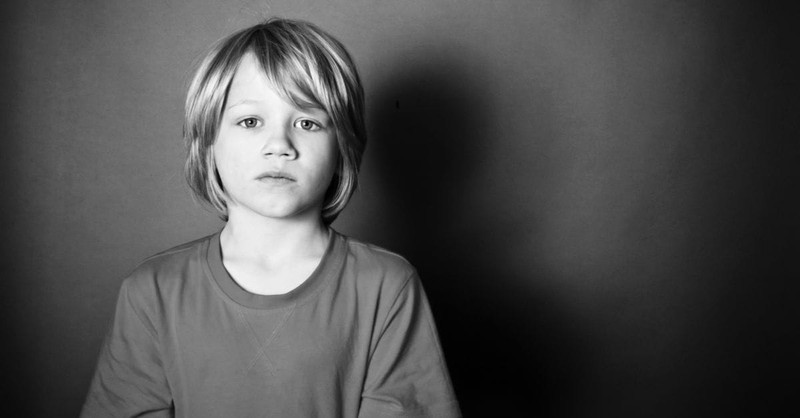
1. My child didn’t choose these feelings and he can’t ignore them.
My child didn’t choose to feel these anxious feelings. He can’t turn them off or ignore them. They are a part of the way that he experiences the world and he needs to be able to recognize, understand, and accept the way that he feels.
It is unreasonable for me, as a parent, to demand that my child “get over” his feelings or “ignore” them. It isn’t that simple.
Image Credit: Thinkstock.com

2. My child’s feelings are very real even though they may not be rational.
The anxiety that my child feels is a very real feeling that he experiences, even though it may not seem rational to me. His feelings are so real that they can even manifest in physical ways. These real feelings need to be addressed. I can provide a safe place to explore them.
Image Credit: Thinkstock.com

3. My child is not being difficult or disobedient. He’s scared.
When my child refuses to obey it doesn’t always mean that he is being difficult or disobedient. His refusal to obey may be because of fear and anxiety. It is important to understand the motivation behind our children’s behaviors and to find out why they aren’t following our directions. I can help by not making unreasonable demands or by assisting him in the things that cause him to feel anxious.
Image Credit: Thinkstock.com

4. My child often cannot pin point or verbalize what is causing his anxiety.
My child often doesn’t know exactly what is making him feel anxious, nor can he verbalize what exact thing is causing his anxiety. As a parent, I want to ask him what is wrong and get a clear and concise answer so that I can help fix the problem. I need to understand that isn’t often possible for my anxious child.
Image Credit: Thinkstock.com
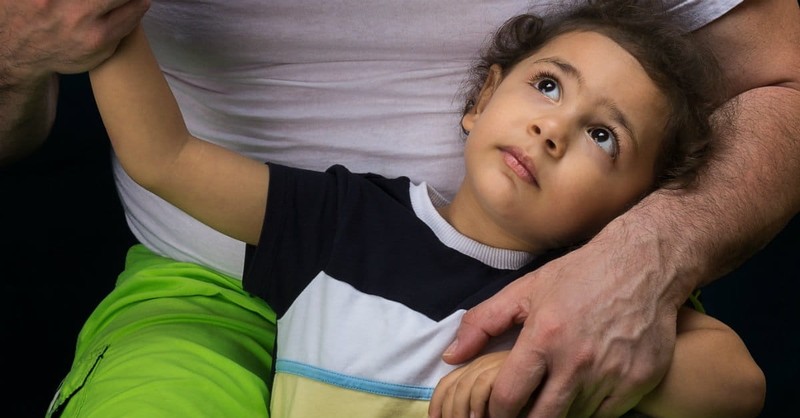
5. My child gets anxious about being anxious.
My child understands that he struggles with anxiety. He is familiar with the effects it has on him. When he starts to feel anxious about a situation, the anxiety is multiplied as he considers the effects that the anxious feelings will continue to have on him. I can help him by talking him through those fears and feelings.
Image Credit: Thinkstock.com

6. My child gets easily overwhelmed and can easily feel emotionally overloaded.
Hectic schedules, busy seasons, and times of turmoil and chaos are very hard on my anxious child. He can be easily overwhelmed and that overwhelmed feeling can make him feel emotionally overloaded.
I can help by trying to provide down time and time to relax and rest, whenever possible.
Image Credit: Thinkstock.com

7. My child’s anxiety can feel debilitating.
There are times when my child struggles to cope with his anxious feelings and they keep him from behaving, responding, or reacting in appropriate ways. I need to do my best to try to be aware of his anxiety and to see that the anxiety is often the cause of these behaviors.
Image Credit: Thinkstock.com
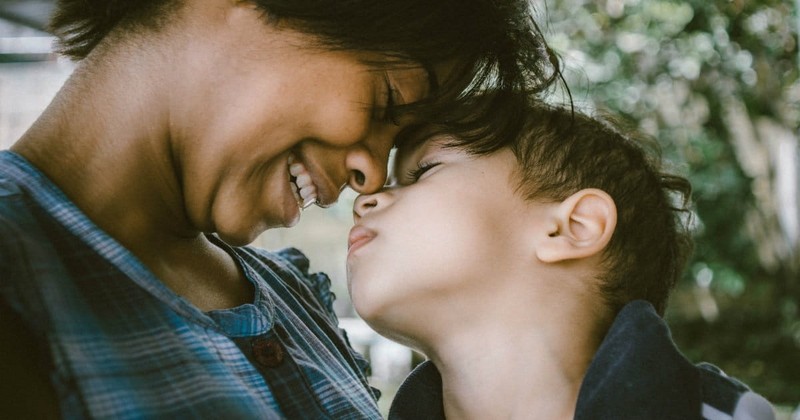
8. Change isn’t easy for my anxious child.
Changes in schedules and routines can be difficult for my anxious child. He prefers to feel prepared. Change can immediately cause him feelings of anxiety.
I can try to keep to our schedule and routine as much as possible. When changes happen, I can prepare myself and my child to deal with the anxiety that may come.
Image Credit: Thinkstock.com
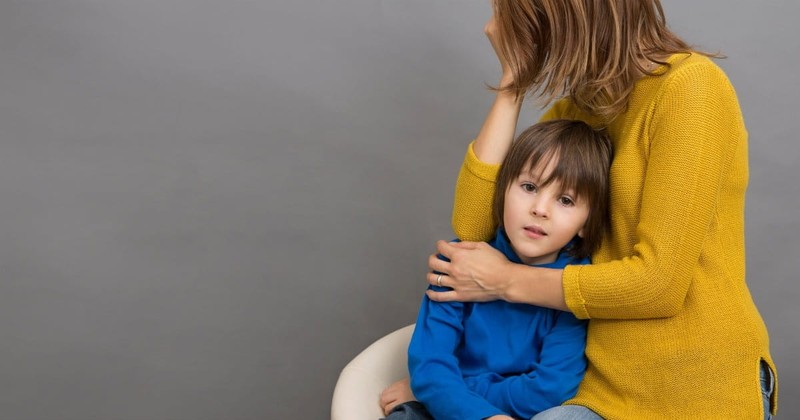
9. As a parent, my emotional response to my child’s anxiety makes his anxiety worse.
When I respond to my child in an emotional way, instead of in a calm way, my child’s anxiety feeds off of my emotional response. His anxiety is heightened when he can tell that I am feeling tense or anxious myself.
I can choose to not let my emotions be so visible. I can keep myself calm and collected.
Image Credit: Thinkstock.com

10. Telling my child to calm down isn’t enough. I need to help him calm himself down.
Actions speak louder than words. Telling my anxious son to calm down isn’t going to help him calm down. I need to find ways to help him calm down.
I can count with my child, breathe deeply with my child, and even wrap my arms around him to help him clam himself down. Sometimes he needs my help to calm down.
Image Credit: Thinkstock.com
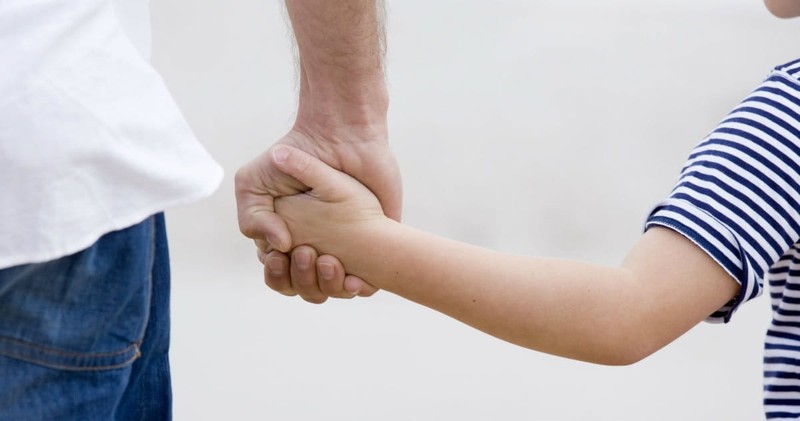
11. Even easy things can be difficult for my child if he’s feeling anxious. I need to offer grace.
It is easy to get impatient and frustrated with my child when he’s feeling anxious. Even the easiest tasks seem more difficult. However, I can offer grace in these situations and make things just a bit smoother.
Image Credit: Thinkstock.com

12. My child’s emotional state doesn’t define him and it doesn’t define me as a parent.
Having a bad day, or a whole sting of them, doesn’t make my child bad. My child’s bad days don’t make me a bad parent. Anxiety and the effects of it do not define who we are. I can remind myself and my child that we are loved by each other simply because we are family.
Image Credit: Thinkstock.com
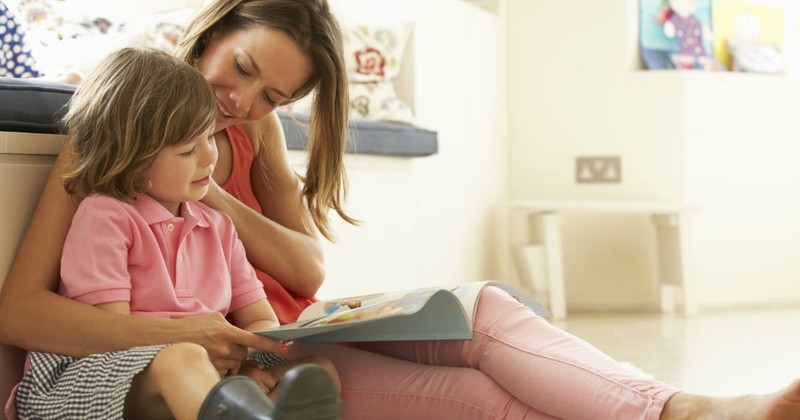
13. My child was fearfully and wonderfully made by his Heavenly Father. He is a work of art and precious in his Heavenly Father’s eyes, and in mine.
My child isn’t broken or damaged because he has something that he struggles with. He was fearfully and wonderfully made by his Heavenly Father. He was hand crafted and intricately formed. I can remind my child that he is a precious work of art in his Heavenly Father’s eyes and in mine.
Image Credit: Thinkstock.com

14. Truth casts out fear.
For my anxious child, nothing calms and reassures like the truth of scripture. I can give my child scripture passages to meditate on and remind him that he Christ has the power to overcome any challenge that he faces.
Image Credit: Thinkstock.com
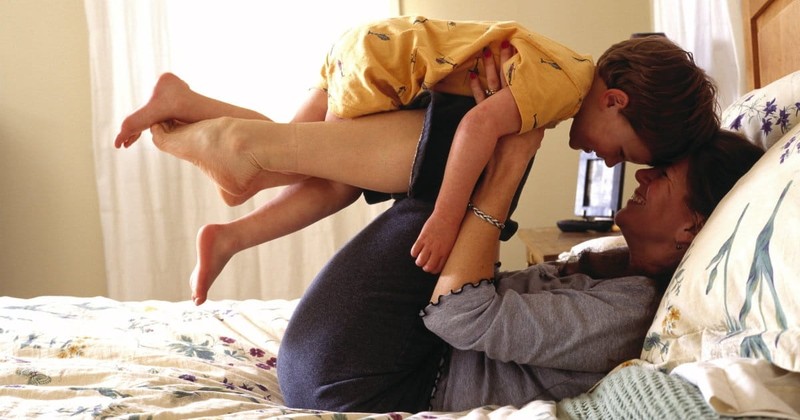
15. Light overcomes darkness.
The light of Christ can overcome even the darkest situation. My anxious son and I believe that. We pray often when those anxious feelings come and we turn our feelings of anxiety over to God.
We also know that the light of truth cast out darkness. We aren’t ashamed of anxiety. We don’t hide it in the dark. Keeping those feelings hidden and not talking about them make them fester and grow stronger. I can help my child expose those feelings to the light and deal with them.
As I said earlier, I don’t have all of the answers. We struggle and slog through difficult days just like you do. I do hope that these 15 things that I shared with you will be a help to you. My hope is that they relate to you and your anxious child. I hope that you see that you aren’t alone in this, and I hope that you understand your anxious child better and feel just a little better equipped equip to help your own anxious child.
For a list of fifteen verses to share with your anxious child, visit https://bobbieschae.com/uncategorized/bible-verses-for-anxious-hearts/
Image Credit: Thinkstock.com
Bobbie Schaeperkoetter is married to her high school sweet heart and is a homeschooling mama of two handsome fellas. She loves Jesus with her whole heart and is just doing her best to honor him in the craziness of life. She would love to be a friend and encourage you in your Christian walk as you do the same.
Originally published Thursday, 24 August 2017.



